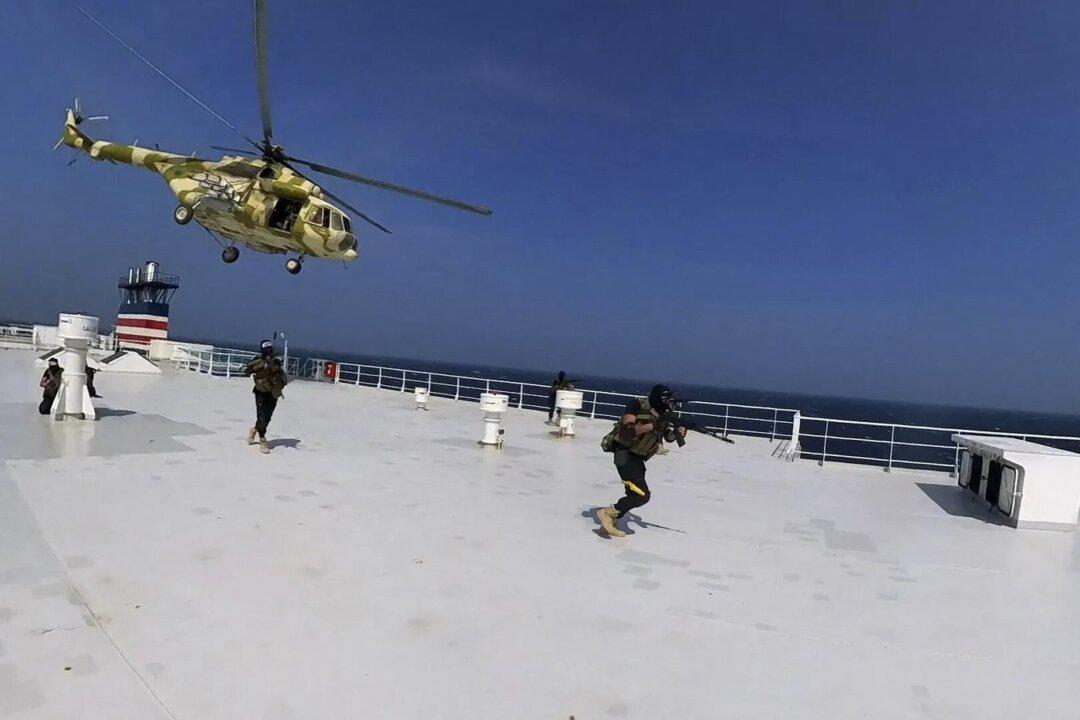Yemen’s Houthi terrorists have launched multiple attacks on civilian cargo ships in the Red Sea and have threatened the global trade route, leading to recent U.S.-led strikes against the group. Amid the conflict, the ambiguous stance of the Chinese regime has come into question.
At a press conference on Jan. 12, when asked whether China supported the U.S.-led strikes against the Houthis, Mao Ning, a spokesperson for the Chinese Foreign Ministry, said that China was “concerned” about the escalation of tensions in the Red Sea and called on all sides to “exercise restraint” to avoid a widening of the conflict.






